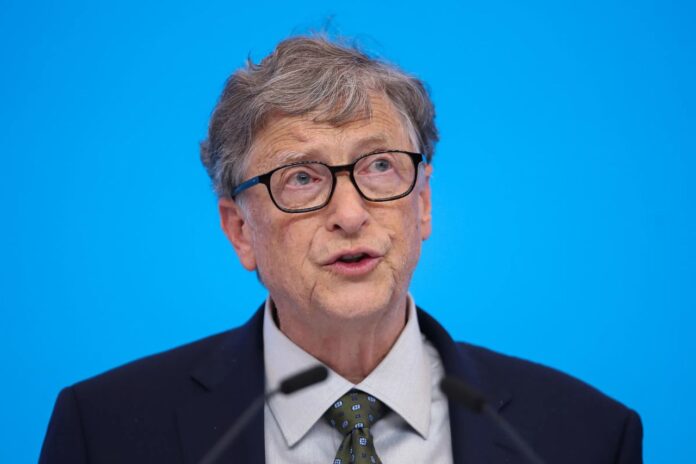In a recent interview, Microsoft co-founder and billionaire philanthropist Bill Gates addressed a question that has long puzzled critics and admirers alike: Why doesn’t he, one of the world’s richest individuals, voluntarily pay more in taxes? His candid response offers a fascinating glimpse into the mindset of a billionaire who has already pledged the majority of his wealth to philanthropic causes.
“People pay taxes as an obligation of law, not out of charity,” Gates explained during the discussion. This straightforward statement underscores his belief in systemic solutions rather than individual actions to address economic inequality and societal needs. Gates emphasized that governments are responsible for creating fair tax systems that apply uniformly to all citizens, regardless of their wealth.
A Longstanding Debate
Gates’s remarks reignite a broader debate on whether ultra-wealthy individuals should do more to address the tax disparities between the rich and the middle class. Critics often argue that billionaires benefit disproportionately from existing tax laws, enabling them to shelter much of their wealth. While some suggest voluntary contributions as a moral obligation, Gates’s perspective highlights the limitations of such an approach.
“If we start relying on voluntary actions, it undermines the role of democratic systems in creating equitable policies,” he added. Gates has repeatedly called for higher taxes on the wealthy, advocating for reforms that would close loopholes and ensure that billionaires contribute more effectively to public revenues.
Philanthropy vs. Taxes
Despite his stance on taxes, Gates has been one of the most generous philanthropists in history. Through the Bill & Melinda Gates Foundation, he has donated billions of dollars to causes such as global health, education, and poverty alleviation. Critics, however, argue that philanthropy cannot replace the consistent funding of public services that taxation ensures.
When asked about this balance, Gates pointed out that philanthropy allows for targeted, innovative solutions to specific problems, while taxes fund the broad infrastructure and safety nets that societies depend on. “Both are essential, but they serve different purposes,” he said.
What It Means for Policy
Gates’s statement comes at a time when governments worldwide are grappling with economic disparities and mounting public debt. His advocacy for higher taxes on the wealthy aligns with growing calls for tax reforms to address wealth concentration. However, his refusal to voluntarily pay extra taxes also highlights the need for systemic changes rather than relying on individual goodwill.
Public Reaction
The response to Gates’s comments has been mixed. Supporters argue that his focus on systemic reform over individual actions sets a practical example for other billionaires. Critics, however, question whether his immense wealth itself is a symptom of the very systems he claims to critique.
As the debate continues, one thing is clear: Gates’s comments have once again put the spotlight on the responsibility of the ultra-wealthy in creating a fairer world. Whether through taxes, philanthropy, or both, the role of billionaires in society remains a contentious and evolving issue.





